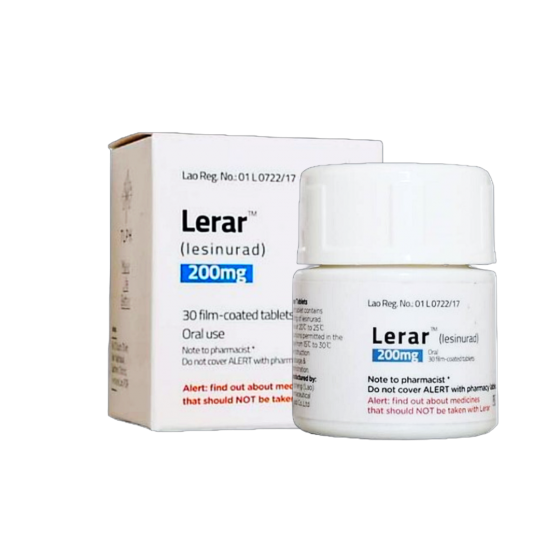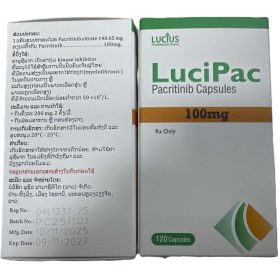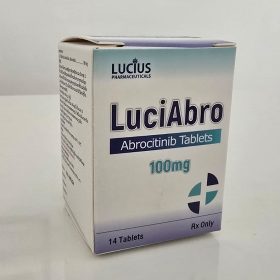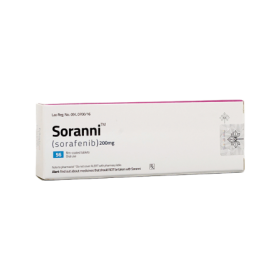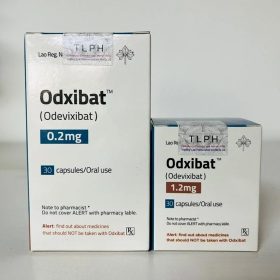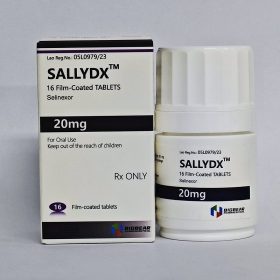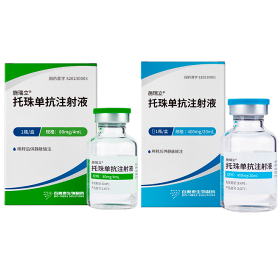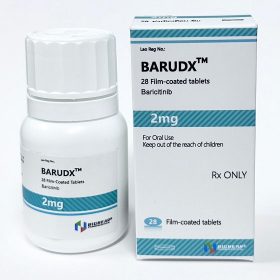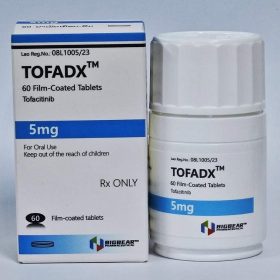- Details
- Description
-
Packaging Size200mg*30Tablets/Bottle
-
Strength200mg
-
CompositonLesinurad
-
TreatmentHyperuricemia,Gout,
-
FormTablet
-
BrandLerar
-
Quantity Unit30Tablets/Bottle
-
ManufacturerTongmeng (Lao) Pharmaceutical & Food Co., Ltd.(TLPH)
Medication management
Oral administration
Lesinurad is used in combination with xanthine oxidase inhibitors such as allopurinol
Not recommended for patients taking allopurinol <300 mg/day (<200 mg/day if estimated CrCl <60 mL/min)
Concomitant with morning dose of xanthine oxidase inhibitor
If treatment with a xanthine oxidase inhibitor is interrupted, lesinurad should also be interrupted
Patients should be instructed to remain adequately hydrated (eg, 2 liters [68 ounces] of fluids per day)
Failure to follow these instructions may increase the risk of kidney events.
Adverse reactions
1-10%
- Headache (5.3%)
- Influenza (5.1%)
- GERD (2.7%)
- Kidney failure (1.2%)
serum creatinine
- Increased creatinine (4.3%)
- Altitude 1.5 to <2 x baseline (3.9%)
- Altitude ≥ 2x baseline (1.8%)
- Nearly 90% of students are resolved by the end of their studies
<1%
- kidney stones
Hyperuricemia
Hyperuricemia associated with hypertension with xanthine oxidase inhibitor therapy in patients who do not achieve target serum uric acid levels with xanthine oxidase inhibitor alone
200 mg orally once daily in combination with a xanthine oxidase inhibitor (ie, allopurinol or febuxostat)
Not to exceed 200 mg/day.
dose adjustment
renal insufficiency
- CrCl≥45mL/min: No dose adjustment required
- CrCl <45 mL/min: do not use recinadide
- Discontinue lacinadide if estimated CrCl persists <45 mL/min.
Dosage Considerations
Assess renal function before starting treatment and periodically thereafter; monitor estimated CrCl <60 mL/min more frequently
Not recommended for the treatment of asymptomatic hyperuricemia
Do not use as monotherapy; failure to take lacinadide with a xanthine oxidase inhibitor may increase the risk of adverse renal reactions
gout torch
- Gout flares may occur after initiation of urate lowering therapy, including Rhine strains, due to the flow of urate from tissue deposits due to altered serum uric acid levels
- Gout prophylaxis is recommended when starting lesinurad, according to practice guidelines
- Discontinuation of lesinurad is not required if a gout flare occurs during treatment
- Gout flares should be managed concurrently according to the needs of the patient
storage
Store at 20-25°C (68-77°F); allowable temperature is 15-30°C (59-86°F).

